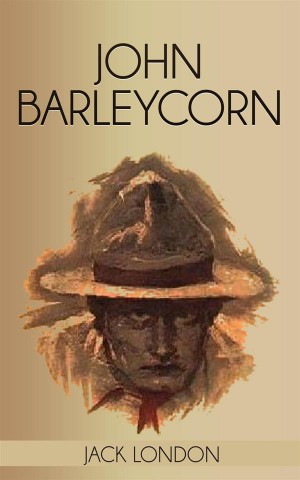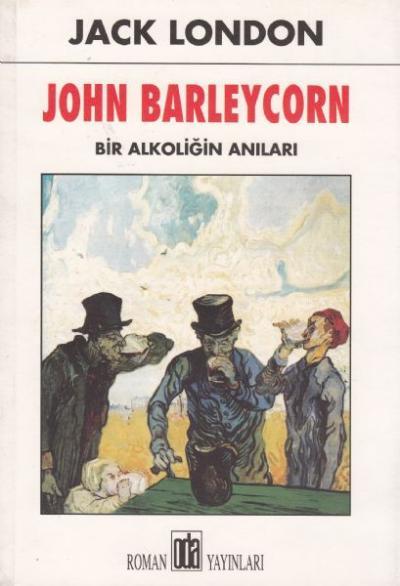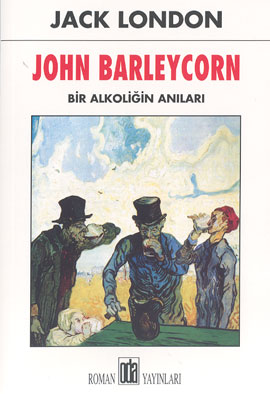

“nd who was I, just turned seventeen, that I should decline the way of life of these fine, chesty, man-grown men?” This difficulty is also apparent in the rhythm of the book, which contains several romanticized vignettes of London’s past, but which also has those moments conflated with guilt, confusion, as well as an uneasy self-assuredness that London did not suffer from any sort of alcoholism, but that his drinking spurned from a willingness to join a kind of hyper-masculine pantheon where his gender could be validated in all of its glory: “Well, it was the way of men,” he says while recounting one of his many temptations to join a group of dock workers enjoying a drink in one of The Bay Area’s many saloons. Some have contended the veracity of some of his claims, but it is equally difficult to yield credibility to a work of nonfiction where the main character–John Barleycorn, London’s drunk alter-ego–doesn’t exactly exist. There are several reasons why this work has not received the same prominence as his others, and one is evidently its inability to be categorized. Perhaps the most intriguing of his fringe work, however, is the short novel-memoir called John Barleycorn.

The man behind The Call of the Wild and White Fang wrote over twenty other novels, including high-sea fables such as The Mutiny of the Elsinore, epistolary works such as The Kempton-Wace Letters, and a downright bizarre work called The Star Rover, where an tortured San Quentin inmate sees visions of past lives while bound in a straight jacket. Jack London is known today as the author of dozens of novels and adventure books set primarily in the Klondike North and the Wild West, but few actually realize just how prolific he was.

As his 1918 memoir-novel John Barleycorn reveals, a huge part of his upbringing consisted of brushes with death caused by a violent dependence on alcohol. In fact, London’s taste for danger was not limited to the Arctic, The Rockies nor the Pacific. While his stories would eventually be associated with the romantic allure of trodding upon uncharted territory, his adventures were not strictly geographical. The brash Californian thrilled a wide all-ages audience with his own brand of the adventure novel, one that had been dominated by the British masters of the genre, Sir Walter Scott and Robert Louis Stevenson, among others. While some celebrate the author as one of America’s pre-eminent novelists and travel writers, some of his lesser-known work helped him exorcise the demons unseen in his more popular fiction.Īt the beginning of the 20th century, Jack London would invigorate a sense of adventure in the tens of thousands seeking fortune and glory at the frontier of a largely-unexplored part of the world. Jack London has remained a divisive figure in American literature.


 0 kommentar(er)
0 kommentar(er)
